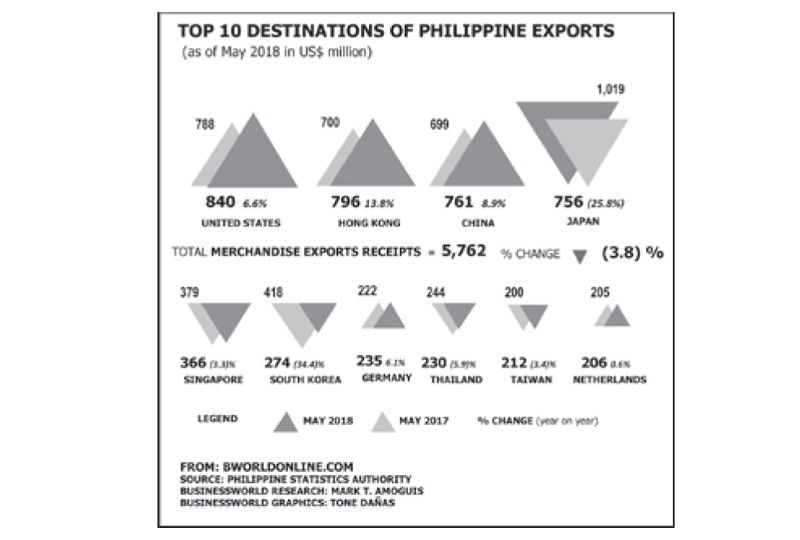Philippine-US Free trade agreement


The idea of a Philippine-US FTA has been mooted since the termination of the Philippines’ preferential trade status in the US as part of the transitional arrangements from colonial rule to full independence. Those discussions never gained traction, partly because the Philippines has taken a cautious approach to a free trade deal and has never negotiated one outside the ASEAN framework. It was content to utilize the Generalized System of Preferences (US GSP) which provided duty free treatment for about 5,000 tariff lines with minimum reciprocal concessions. The US, in turn, was then more inclined to pursue its trade policy goals through the WTO and in regional trade deals.
Since President Trump took office, however, the United States has shifted its trade policy from multilateral and regional trade arrangements to bilateral trade deals. In short order, the US withdrew from the Trans Pacific Partnership (TPP), renegotiated the North American FTA with Canada and Mexico, imposed retaliatory tariffs on a variety of goods to force concessions on what it believes are unfair trade practices. It has blocked the appointment of members to the WTO’s appellate body which will eventually lead to the suspension of the WTO’s dispute settlement system. China’s massive trade surplus with the US has made it the primary focus of this “fair, reciprocal bilateral trade” policy. The US-China trade dispute is escalating and is impacting on global economic growth.
Despite the rhetoric, the US under President Trump has yet to negotiate a bilateral FTA to add to the 20 it currently has. In fact, he has had some of this reviewed including the one with South Korea. So it came as a surprise that during a visit to the Philippines in November 2017, President Trump announced that he and President Duterte have agreed to negotiate an FTA. Given the current global trade environment – rising protectionism and the US-China trade war, it would seem that the Philippines would benefit from such an arrangement by giving it a competitive leg up on its competitors. The US is the country’s second biggest trading partner after ASEAN with total trade of around $30 billion.
About 18 percent of Philippine exports to the US already enter duty free under the GSP Scheme. That benefit, however, is not permanent but subject to review annually. It also does not cover many goods of interest to the Philippines as well as services. There have been two initial rounds of exploratory talks, but the process does not formally begin until President Trump informs the US Congress of its intentions to negotiate an FTA with the Philippines.
It would be an opportune time to start a public conversation on the feasibility of such an agreement, its benefits and the reciprocal commitments required from the Philippines. The business community, in particular, has not been as meaningfully engaged in the process to date. They will be the primary beneficiary, but it may also require them to make some adjustments to cope with increased competition as the US tries to loosen what it sees as restrictions to US business. This is crucial since beyond tariffs, an FTA will be expected to cover services, investment restrictions including on foreign equity, IPR, government procurement, technical barriers to trade, and competition policy.
It is with this objective in mind that the Carlos P. Romulo Foundation is organizing a workshop to generate business sector inputs to policy makers and negotiators as they design, negotiate and implement such an FTA. As stated in my last column “World under Attack” on Nov. 1, this will be the first of many workshops/seminars.
The workshop will begin with a presentation of the empirical and anecdotal evidence of the benefits from an FTA to be followed by an assessment of the current political environment in the US and the Philippines that will determine the prospects for its realization.
Finally, there will be an examination of the areas of coverage of the FTA and how the Philippines might formulate its negotiating position to maximize the gains from whatever concessions it might be required to give in return. Business sector inputs will be crucial here particularly in enhancing the agreement’s relevance to them. The workshop is intended to provide the government and business sector a clearer understanding of the issues at stake necessary to generate support from business and the general public to move the process forward.
- Latest
- Trending


























